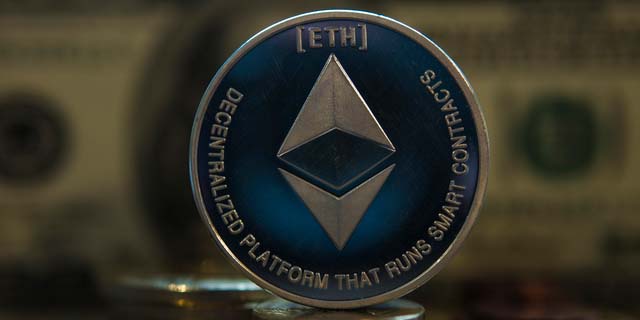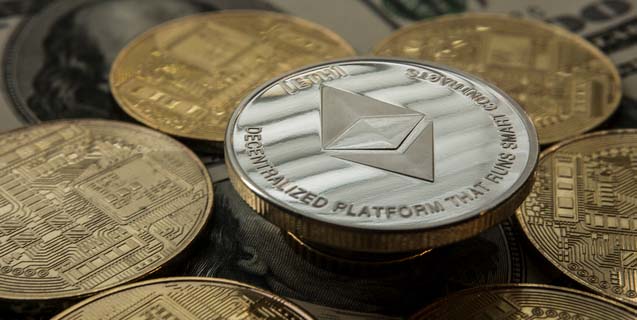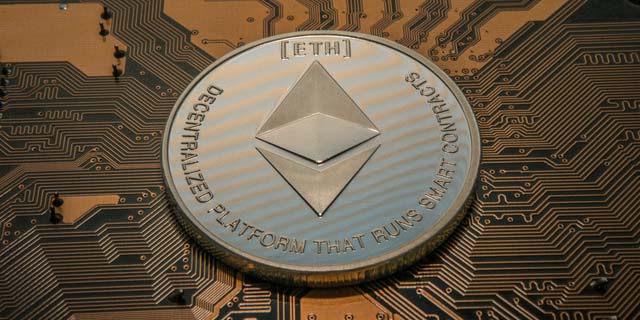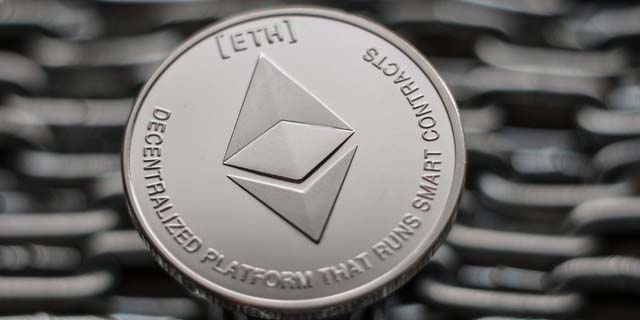
The history of Ethereum's price is marked by significant volatility and dramatic shifts since its inception in 2015. Initially launched through an Initial Coin Offering (ICO) at a price of around $0.30, Ethereum experienced rapid growth, reaching over $1,000 by early 2018 during the cryptocurrency boom. However, it faced substantial declines alongside the broader market downturn, dropping to around $80 by late 2018. The price fluctuated significantly over the following years, influenced by factors such as technological upgrades, regulatory developments, and market sentiment. Notably, Ethereum reached new all-time highs in 2021, surpassing $4,000, driven by increased adoption of decentralized finance (DeFi) and non-fungible tokens (NFTs). As of late 2023, Ethereum continues to be a leading player in the blockchain space, with its price reflecting ongoing innovations and market dynamics. **Brief Answer:** Ethereum's price has seen significant fluctuations since its launch in 2015, starting at $0.30, peaking over $4,000 in 2021, and experiencing various ups and downs influenced by market trends and technological advancements.
Ethereum, as a leading blockchain platform, offers several advantages and disadvantages concerning its price dynamics. One of the primary advantages is its potential for significant appreciation due to its widespread adoption and utility in decentralized applications (dApps) and smart contracts. This can attract investors looking for long-term gains. Additionally, Ethereum's transition to a proof-of-stake consensus mechanism has enhanced its scalability and energy efficiency, potentially increasing its value. However, the volatility of Ethereum's price poses a considerable disadvantage, making it susceptible to market fluctuations and speculative trading. Furthermore, regulatory uncertainties and competition from other blockchain platforms can negatively impact investor confidence and, consequently, the price of Ethereum. Overall, while Ethereum presents opportunities for growth, it also carries inherent risks that investors must carefully consider. **Brief Answer:** Ethereum's price has advantages like potential appreciation and increased utility from its dApps, but it also faces disadvantages such as high volatility and regulatory uncertainties that can affect investor confidence.


The challenges of Ethereum's price are multifaceted, stemming from factors such as market volatility, regulatory scrutiny, and technological developments. As a leading smart contract platform, Ethereum faces competition from other blockchain networks that may offer faster transaction speeds or lower fees, which can impact its market position and price stability. Additionally, fluctuations in investor sentiment, driven by macroeconomic trends and news events, can lead to significant price swings. Regulatory changes across different jurisdictions also pose risks, as stricter regulations could hinder adoption and innovation within the ecosystem. Furthermore, the transition to Ethereum 2.0 and the shift from proof-of-work to proof-of-stake introduces uncertainty regarding network performance and scalability, influencing investor confidence and ultimately affecting the price. **Brief Answer:** Ethereum's price faces challenges from market volatility, competition from other blockchains, regulatory scrutiny, and uncertainties related to its technological upgrades, all of which can lead to significant fluctuations and affect investor confidence.


Finding talent or assistance regarding Ethereum price can be crucial for investors, developers, and enthusiasts looking to navigate the volatile cryptocurrency market. Various platforms and communities, such as online forums, social media groups, and professional networks like LinkedIn, offer opportunities to connect with experts in blockchain technology and financial analysis. Additionally, utilizing resources like cryptocurrency exchanges, financial news websites, and analytical tools can provide real-time insights into Ethereum's price movements. Engaging with knowledgeable individuals or leveraging these resources can enhance one's understanding of market trends and investment strategies. **Brief Answer:** To find talent or help about Ethereum price, consider engaging with online forums, social media groups, and professional networks, while also utilizing cryptocurrency exchanges and analytical tools for real-time insights.
Easiio stands at the forefront of technological innovation, offering a comprehensive suite of software development services tailored to meet the demands of today's digital landscape. Our expertise spans across advanced domains such as Machine Learning, Neural Networks, Blockchain, Cryptocurrency, Large Language Model (LLM) applications, and sophisticated algorithms. By leveraging these cutting-edge technologies, Easiio crafts bespoke solutions that drive business success and efficiency. To explore our offerings or to initiate a service request, we invite you to visit our software development page.




TEL:866-460-7666
EMAIL:contact@easiio.com